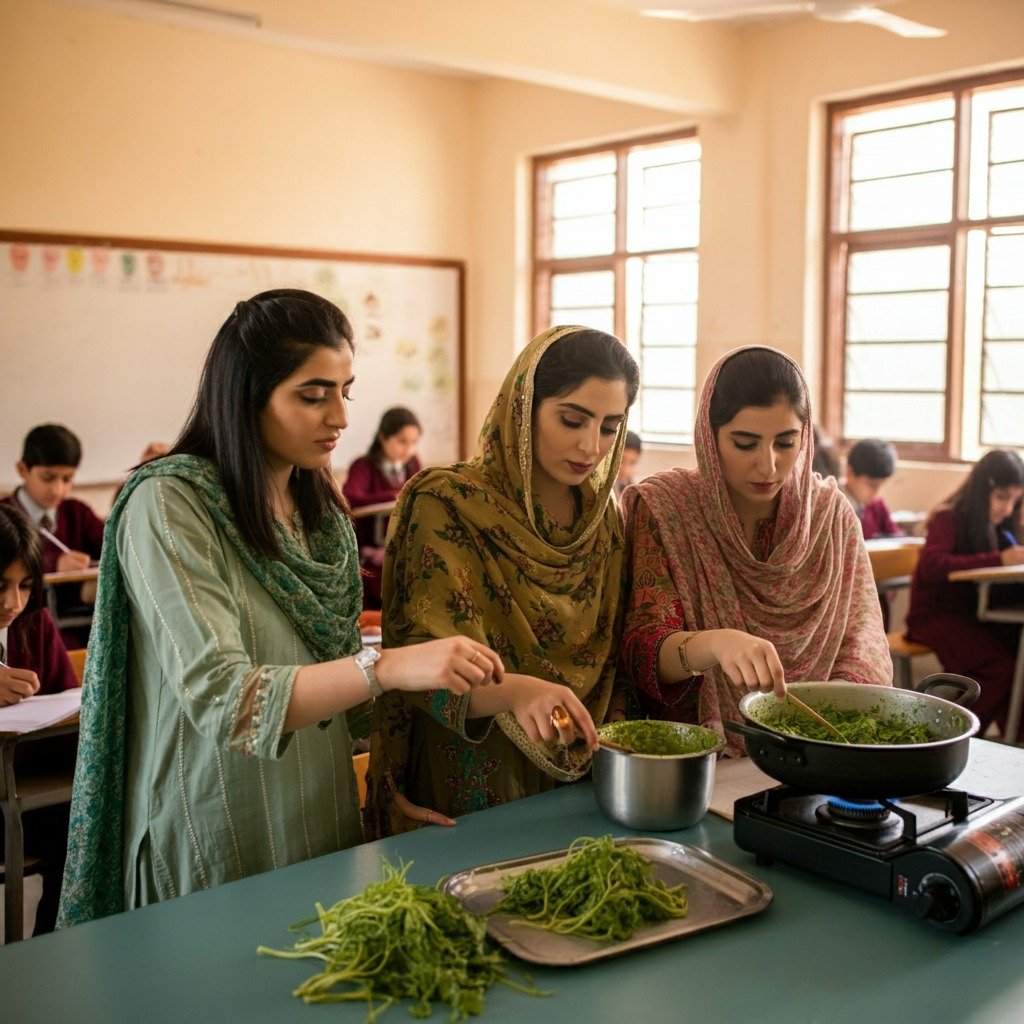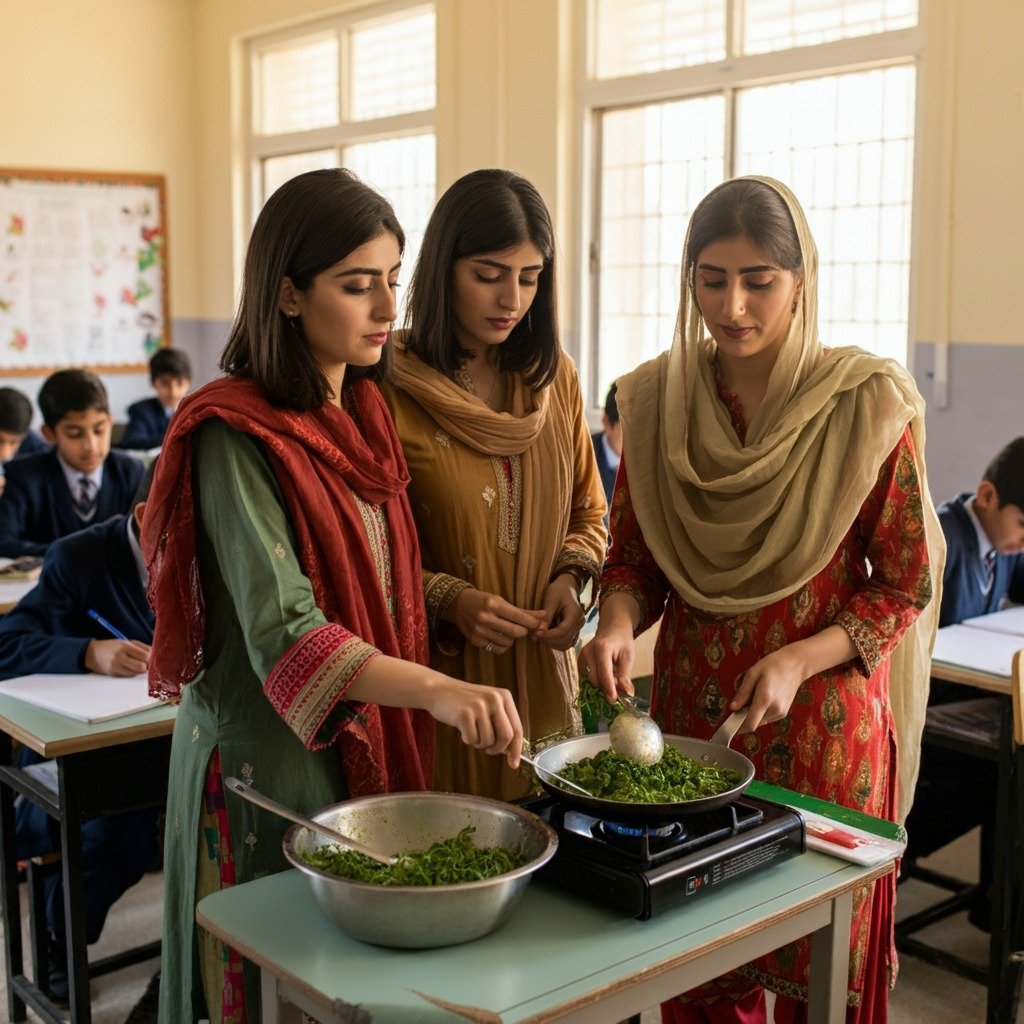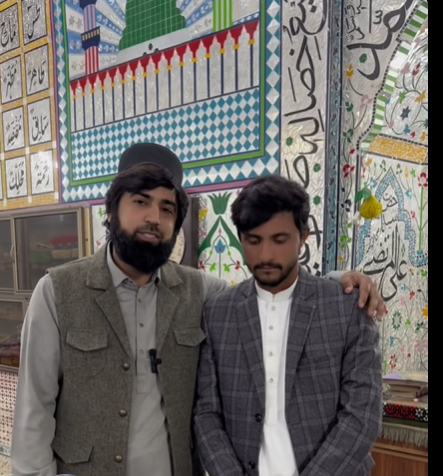In a surprising incident that has sparked widespread debate, two female teachers in Pakistan were suspended for cooking ‘saag’—a traditional spinach dish—during school hours. This event has not only raised eyebrows but also ignited discussions about the role of educators, cultural practices, and the expectations placed on school staff in the country. The incident occurred at a public school where the teachers reportedly decided to prepare saag as part of a community engagement initiative aimed at promoting local cuisine and nutrition. While their intentions were likely rooted in fostering a sense of community and cultural pride, the school administration viewed their actions as unprofessional and inappropriate for an educational environment. The teachers were subsequently suspended, prompting reactions from parents, students, and educational authorities.
Critics of the suspension argue that the teachers were merely trying to create a positive and engaging atmosphere for students. They contend that such initiatives could enhance learning by incorporating local culture into the curriculum. Cooking and sharing traditional foods can serve as a powerful educational tool, teaching students about nutrition, culinary skills, and cultural heritage. Supporters of the teachers believe that their suspension reflects a rigid adherence to formalities that can stifle creativity and community involvement in schools.
On the other hand, school authorities maintain that the primary focus during school hours should be on education, and any activities that distract from this goal must be addressed. They argue that cooking during school hours is not conducive to maintaining a professional learning environment. This perspective emphasizes the need for discipline and structure within educational institutions, suggesting that such activities could set a precedent that undermines the seriousness of the educational mission.lligent than we are. If that’s the case, we are putty in their hands. With regard to robots, in the early days of robots people said, ‘Oh, let’s build a robot’ and what’s the first thought? You make a robot look like a human and do human things. That’s so 1950s. We are so past that.

The incident has also sparked conversations about the broader context of female teachers in Pakistan, who often face scrutiny and higher expectations than their male counterparts. Many female educators are navigating a landscape fraught with cultural expectations and professional demands, making their work all the more challenging. The suspension has been interpreted by some as a reflection of gender biases in the education sector, highlighting the need for a more supportive environment for female educators.
In conclusion, the suspension of these teachers for making saag during school hours has opened a Pandora’s box of discussions about cultural practices, educational priorities, and gender dynamics in Pakistan. As society grapples with these issues, it is essential to strike a balance between maintaining professionalism and embracing the rich cultural heritage that can enhance the educational experience for all students.






